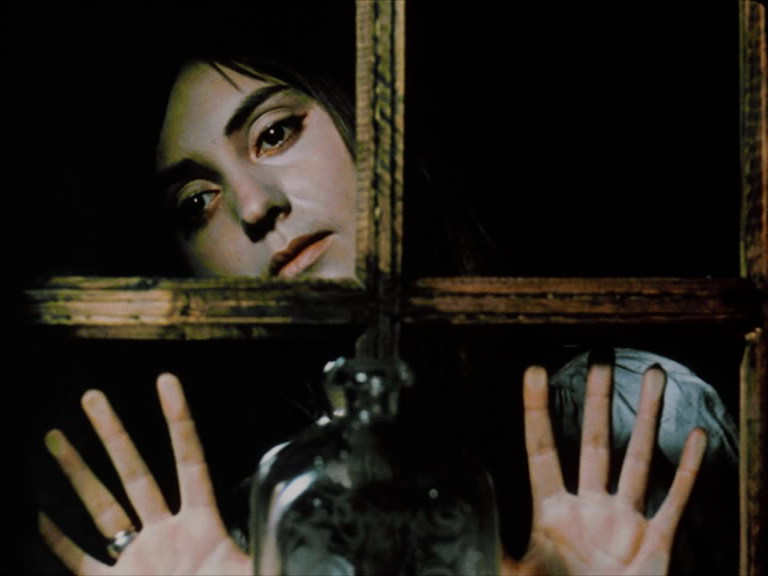
The seminar provides an overview of a number of Ukrainian films from the 1960s that engaged in aesthetic experimentation as a form of political resistance to official Soviet narratives. Known as the Ukrainian School of Poetic Cinema, these films developed a sophisticated sensual language to circumvent Soviet censorship, which focused primarily on verbal representation, and to explore forms of alterity that did not fit into the homogenizing narrative of Russocentric modernity. Creative and political dimensions were intimately intertwined in these films, beginning with the founding film Shadows of Forgotten Ancestors (1964, directed by Sergei Parajanov), the premiere of which in Kyiv became a place of political protest by the literary scholar Ivan Dziuba, author of the most thoroughgoing criticism of Soviet nationality politics, Internationalism or Russification? (1965). The seminar combines close analysis of the school's films with their historical contextualization within the complex and contradictory period of relative liberalization in the USSR in the 1960s, during which the Ukrainian Soviet Socialist Republic experienced a brief but rich cultural renaissance led by a new generation of poets, artists, scholars, and activists known as "shestydesiatnyky," many of whom later became dissidents and were persecuted or exterminated. The Ukrainian School of Poetic Cinema was also ruthlessly crushed: the school's leading figure, Sergei Parajanov, was arrested and sentenced to five years in a labor camp, and the school's films were banned. The aesthetic resistance of the Ukrainian School of Poetic Cinema of the 1960s offers a perspective on Ukraine's long struggle for cultural and political agency, which is still at stake today.
- Kursleiter/in: Katrin Bohner-Oppenländer
- Kursleiter/in: Olga Briukhovetska
